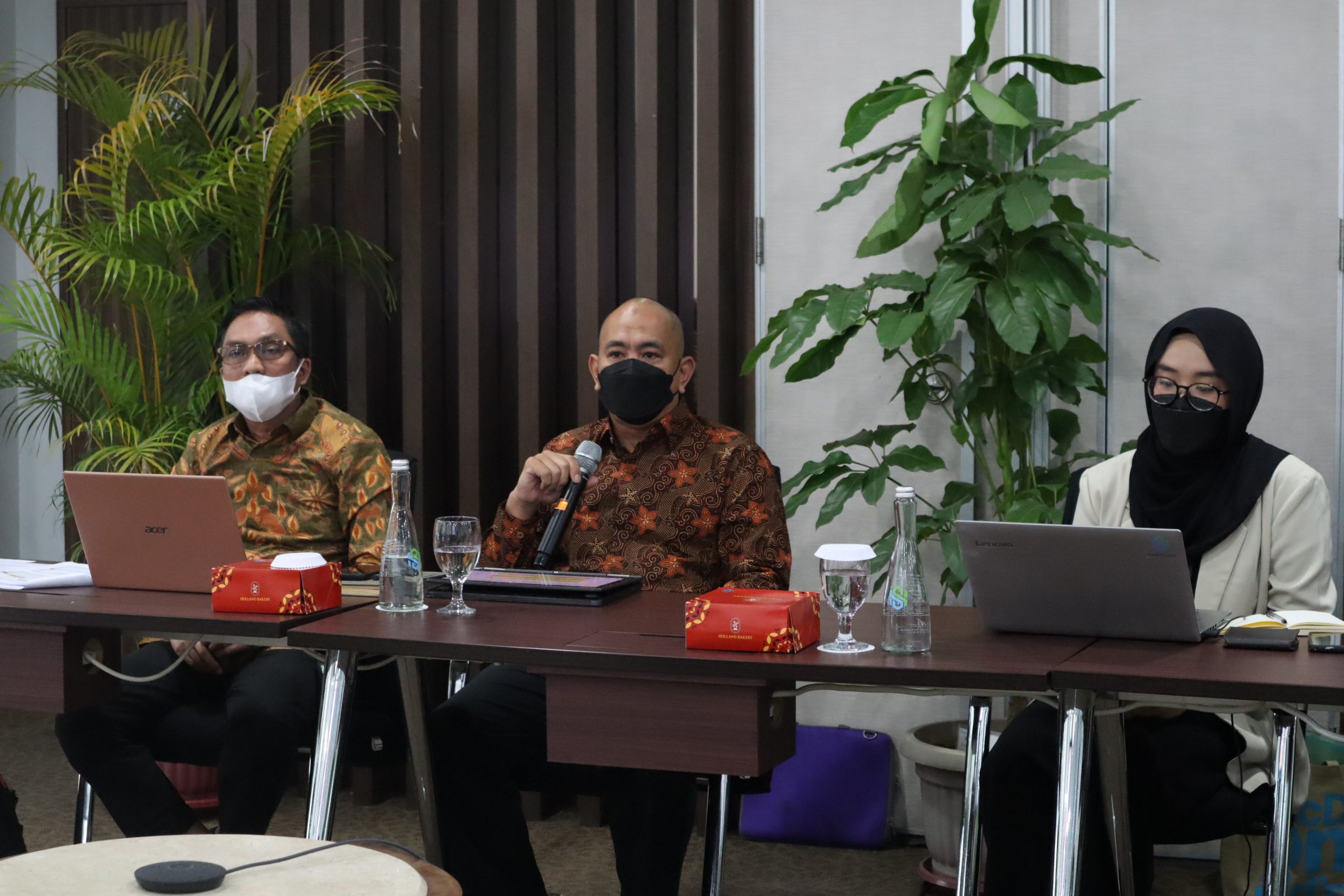The manufacturing industry has an important role in the performance of state tax revenues. Referring to the Performance and Facts State Revenue and Expenditure Budget (APBN KiTa) owned by the Ministry of Finance (Kemenkeu), the value of tax revenues continues to increase every year. The Year 2021 is the beginning of a proud history, where in the end of realization of tax revenues has succeeded in exceeding the APBN target, which is around Rp. 1,227.53 trillion or 103.90 percent.
Judging from the performance, almost all types of taxes recorded maximum growth until the end of 2021, including the Domestic Value Added Tax (PPN DN). Domestic VAT realization had the highest contribution of 26.8 percent, successfully exceeding the target of 102.46 percent, and growing by 14.01 percent (yoy).
In terms of sectoral tax revenue performance, all major sectors managed to record positive growth. In 2021, sectoral tax revenues will still be led by the processing industry or manufacturing industry. The sector contributed 29.6 percent and grew to 16.77 percent (yoy).
When referring to the latest recording, tax receipts up to May 31, 2022, showed a satisfactory performance. Realization in this period has reached Rp. 705.82 trillion or equivalent to 55.80 percent of the tax revenue target in the 2022 State Budget. This achievement is of course accompanied by a significant growth rate of 53.58 percent (yoy).
The achievement of the tax revenue target is influenced by many factors, including increased taxpayer compliance (WP). In improving taxpayer compliance, one of the efforts made by the government is the issuance of the Ministry of Finance Regulation Law Number 7 of 2021 concerning the Harmonization of Tax Regulations (UU HPP).
PT Surcyacipta Swadaya (Suryacipta), as the developer and manager of the Suryacipta City of Industry industrial area in Karawang, which is inhabited by more than 150 tenants, also supports the government program.
Through the Suryacipta Center of Information (SCI) and in collaboration with one of the tax and financial partners, Trimitra Consulting, Suryacipta organized a hybrid webinar entitled VAT Regulation Updated in the Harmonized Tax Law (UU HPP).
Andri Nugraha, Partner of Trimitra Consulting in his presentation said “Reformation of tax policy is based on aspects of justice and partiality. Fairness and impartiality means that aside from increasing the VAT rate from 10% to 11%, the government made improvements to the Tax Object Income Tax (PPh OP) from 15% to 5% and provides protection for small communities through VAT exemption facilities for basic goods, health services, education and social services”.
There are certain amounts of VAT stipulated in the HPP Law, namely Trading Through Electronic Channels (PMSE), Self-Building Activities (KMS)m Liquefied Petroleum Gas (LPG), Tobbaco and Agricultural Products, Used Motor Vehicles (KB Bekas) and Taxable Services (JKP).
Donny A. Noerhadi, Partner of Trimitra Consulting, explained that the manufacturing industry has a fairly solid relationship with taxation. In addition to being the largest sectoral contributor, industry players also benefit from taxes. This can be seen from the massive construction of infrastructure facilities ranging from access to toll roads, ports, airports and others to facilitate industrial players in running their business.
“In fact, many of our clients from the manufacturing industry feel the immediate benefit from the taxes that they have paid, along with providing infrastructure, there is also tax incentives during the 2020-2021 pandemic” added Donny.
Considering the growing tax regulations, on behalf of Trimitra Consulting, we suggest industry players to better understand what taxes must be deposited or collected for future industrial development. Not to pressure the industry, but to do more tax saving and tax planning.
With the HPP Law and openness to the benefits of taxes paid, manufacturing industry players are expected to remain tax compliant considering the maximum results obtained, he concluded.
When viewed from the breadth of the manufacturing sector, starting from raw materials, finished raw materials, half imports, and others, the issuance of the HPP Law creates clearer and fairer regulations. Because as it is known that VAT is not only a cost, but as a control for goods or services that enter and leave. So, we look at this new regulation in more detail and in accordance with the business being run.
Naturally, the HPP Law was formed with the objectives of increasing sustainable economic growth and supporting the acceleration of economic recovery, realizing a tax system that is more fair and legal with certainty, and increasing voluntary taxpayer compliance.
In accordance with the company’s vision of “Building a Better Indonesia”, Suryacipta always strives to provide easy investment and business for tenants. Including by providing socialization and assistance related to the latest regulations made by the government.

